
Canada: Quality, Diversity & a Future Without Borders
Each year, thousands of Tunisian students choose Canada for its world-class education, welcoming culture, and internationally recognized degrees. Whether in Quebec or other provinces, Canada opens the door to a strong academic and professional future.
Globally Renowned Education – Over 100 Canadian universities rank globally (QS 2023), with programs focused on innovation, research, and market needs.
Why Is Canada Attracting More and More Students?
Canada has been one of the most popular destinations for international students for several years. And for good reason: high-quality education, a multicultural environment, and real opportunities for the future. Dubai is not just a city of business and tourism — it’s also an increasingly popular academic destination.
100+
globally ranked universities (QS 2023)
620M
international students yearly
2+
official teaching languages: English & French
3 villes
Canadian cities in the QS Top 20 student cities (Montreal, Toronto, Vancouver)
Over 2,000 Tunisian students head to Canada every year. With EduWorld, you get full support to access CEGEPs, private colleges, or public universities based on your goals—Bachelor’s, Master’s, or technical programs.
Languages of Instruction & Intakes
Languages of Instruction
In Quebec: French and English
In other provinces: Mostly English
Intakes
Septembre
January
Why Choose Canada?
Admission criteria vary depending on the level of study and the type of institution, but remain accessible with a strong academic record and personalized support.
- For CEGEPs or Colleges (mainly in Quebec):
- High school diploma (all streams)
- B2 level in French or English
- Academic file: transcripts, passport, motivation letter, CV
- For a Bachelor’s Degree:
- Tunisian Baccalaureate (strong grades depending on the program)
- B2/C1 level in English or French
- Academic records + sometimes interviews or language tests
- For a Master’s or DESS:
- Recognized Bachelor’s degree
- Strong academic record
- Language proof (TOEFL, IELTS, TCF, etc.)
- Some DESS programs accessible from Bac+2
- EduWorld helps you build a complete, compliant application tailored to Canadian expectations.

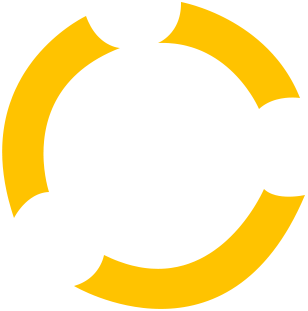
Fields of Study in Canada
Canada offers a wide variety of high-quality programs focused on employability. Popular among Tunisian students:
- Engineering & Technology – Civil, Mechanical, Electrical, Computer Engineering, Robotics, Automation
- Information Technology – Web Dev, Cybersecurity, AI, Data Science, Networks
- Business & Management – Marketing, Finance, Accounting, HR, Entrepreneurship
- Tourism & Hospitality – Event Management, Sustainable Tourism, Hotel Management

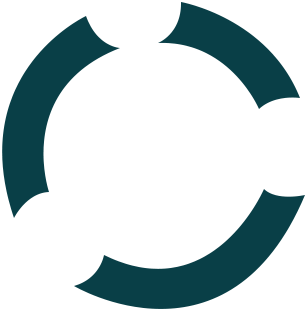
From Dream to Departure: We’re With You Every Step of the Way
A complete European experience
Studying in Canada is a bold, exciting step—EduWorld ensures you never walk it alone:
Our support includes:
 Advice on provinces, programs, and institutions
Advice on provinces, programs, and institutions Full application support (English or French)
Full application support (English or French) Document translation, apostille, and mailing
Document translation, apostille, and mailing Coaching for interviews and language tests
Coaching for interviews and language tests Canadian student visa assistance
Canadian student visa assistance Housing search and arrival support
Housing search and arrival supportOur goal: A smooth departure, secure admission, and a successful academic path in Canada.
Do you dream of studying abroad?

A local agency specialized in advising and offering personalized support to high school graduates and students who aspire to pursue higher education abroad.
Don’t hesitate — your first consultation with one of our academic advisors is free
- info@eduworld.education

 Study in Hungary
Study in Hungary Study in Germany
Study in Germany Study in Malta
Study in Malta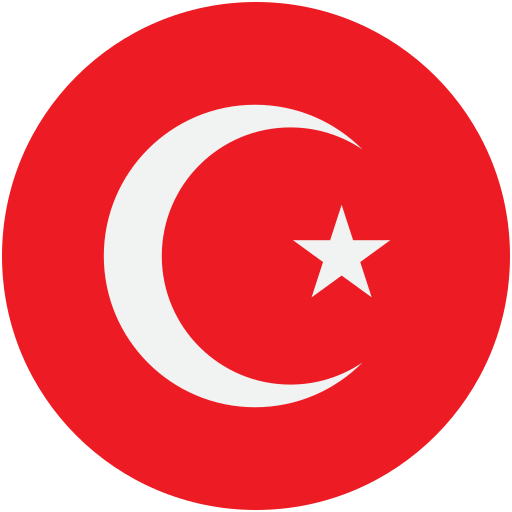 Study in Turkey
Study in Turkey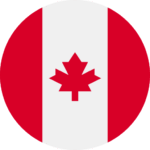 Study in Canada
Study in Canada Study in Spain
Study in Spain Study in Dubai
Study in Dubai Study in Romania
Study in Romania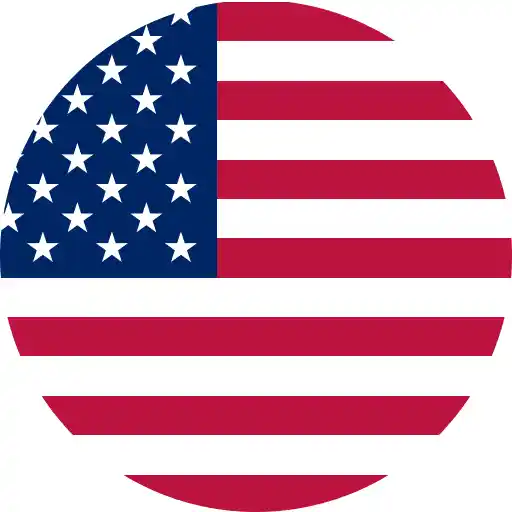 Study in the United State
Study in the United State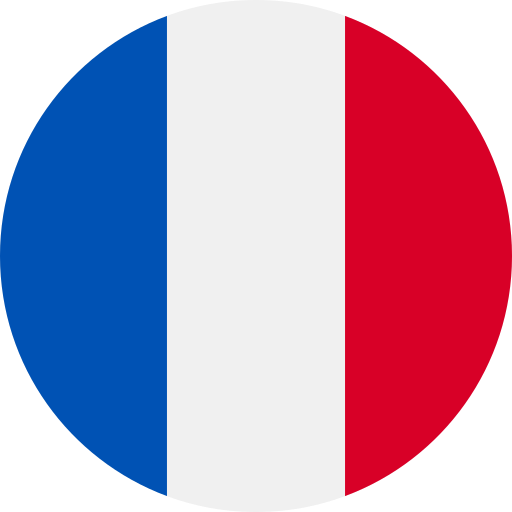 Study in France
Study in France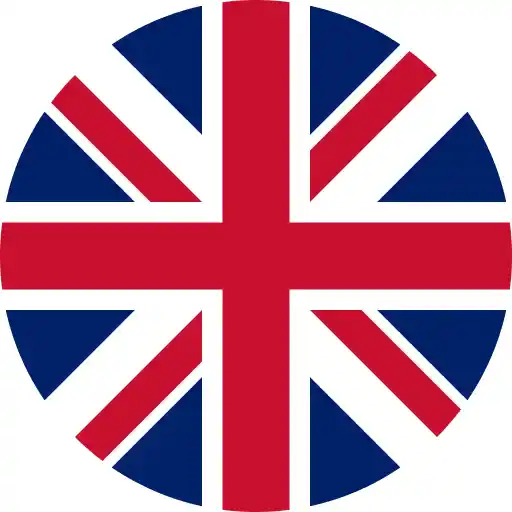 Study in UK
Study in UK